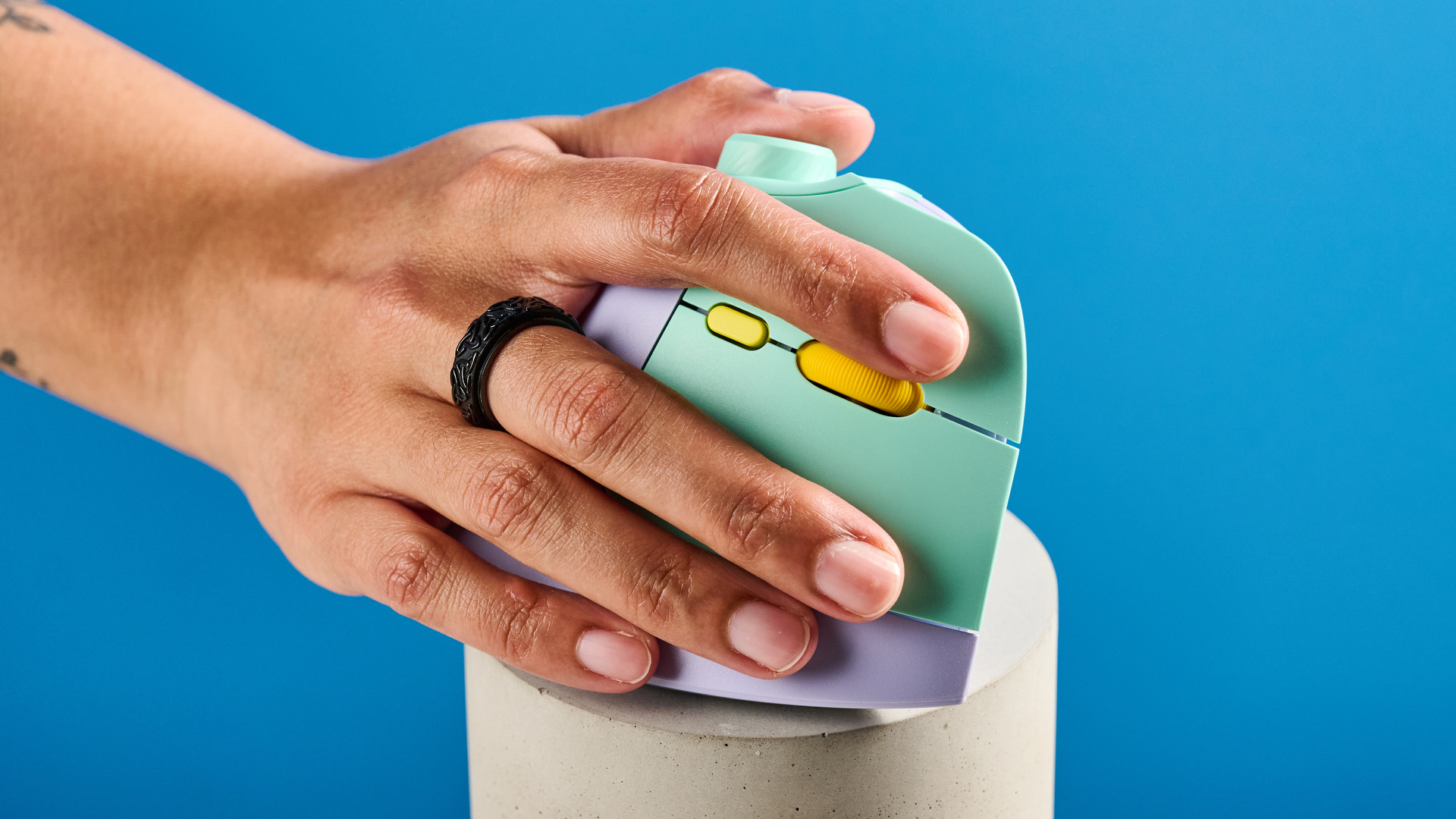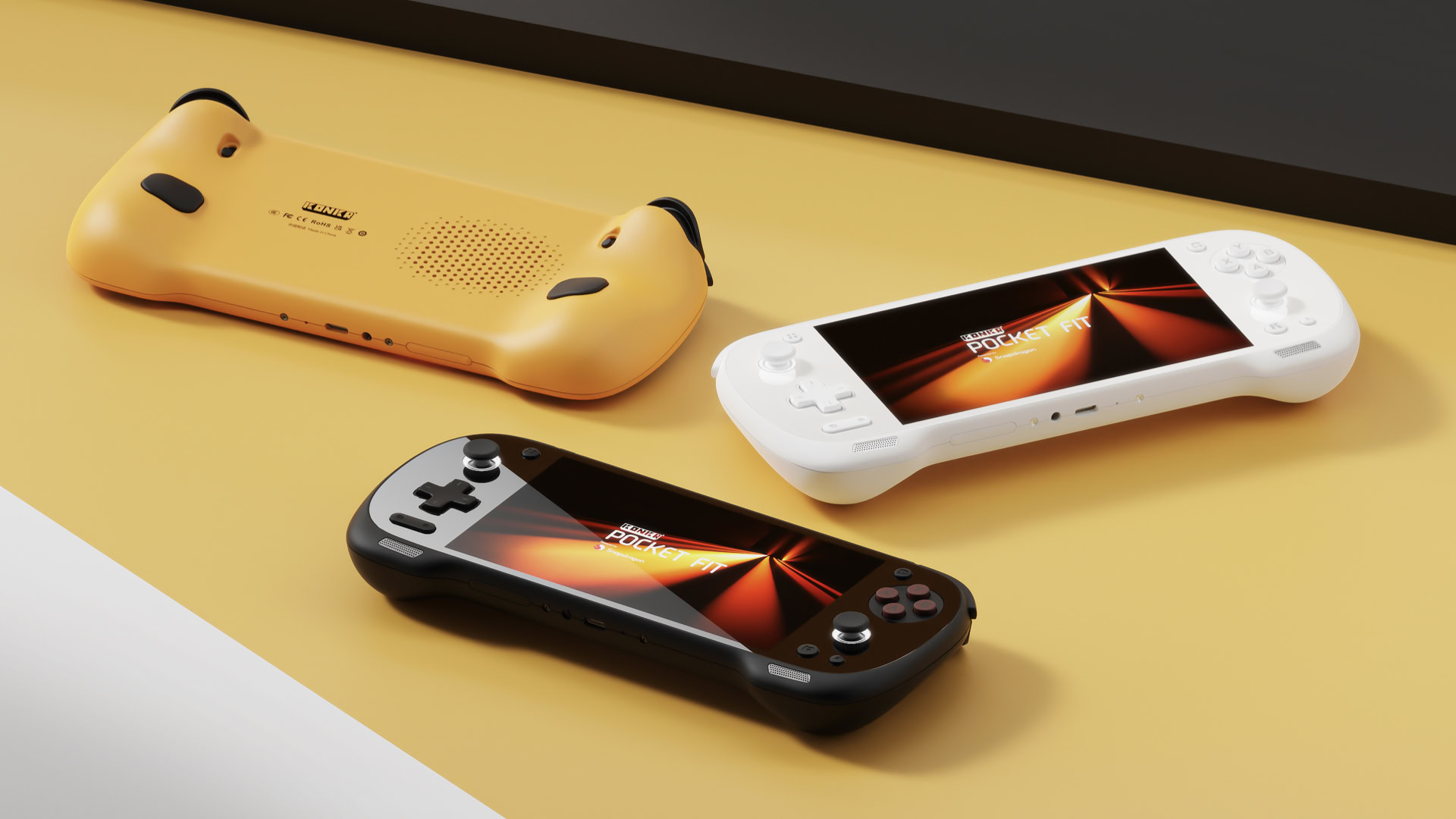Like a lot of people, I have a sedentary office job, which means I spend most of my day sitting down and remaining stationary at my desk. This also means that I spend nearly eight hours, five days a week, with a keyboard and a mouse. Both of these peripherals help me do a good job and make my dough for the day.
Over the years, I’ve come to realize that the importance of having the best mouse can’t be overstated — whether that’s for gaming or for work. And in my current role as a reviews writer, I have tested my fair share of computing rodents, but there are always some mice I keep going back to, some that have become my daily drivers.
So what makes a mouse “perfect” in my eyes? Well, it needs to have three features that I believe aren’t talked about enough and are often overlooked by shoppers. Let me take you through them and make buying a new mouse easier.
An ergonomic design
One of the most important features — if not the most important — I look for when judging whether a mouse is good or not is its ergonomics. You can get traditional mice, like the Keychron M3 Mini V2 8K, or you can get a rodent with an ergonomic design, like the Anker 2.4G Wireless Vertical Ergonomic.
Ergonomically-designed mice
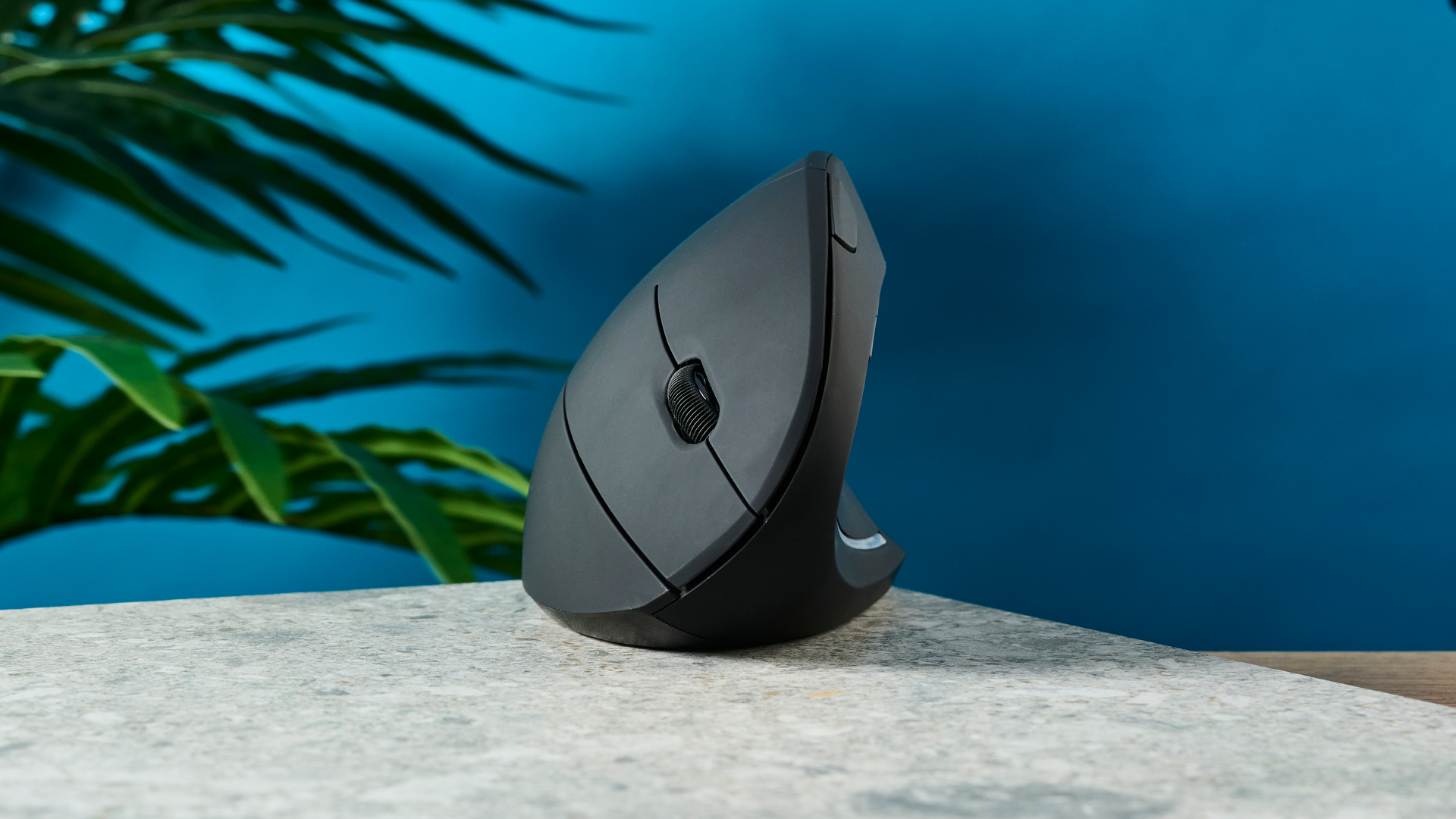
There are a few variations of “ergonomic mice,” such as trackball mice and vertical ones. Vertical mice allow your hand and wrist to rest in a more upright position, which is similar to your hand’s natural resting position, and this reduces pressure in your wrist and arm, which can help circumvent RSI (Repetitive Strain Injury). The inside of the mouse has a groove that provides support for your thumb, too.
Or you can get a trackball mouse, like the Logitech Ergo M575. A trackball mouse usually sits at an angle between that of a vertical mouse and a traditional one, and not having to move your wrist every time you want to shift your cursor is a blessing in disguise. It aids in maintaining wrist and hand health, just like a vertical mouse. I’d recommend an ergonomically designed mouse over any other any day.
Onboard dongle storage
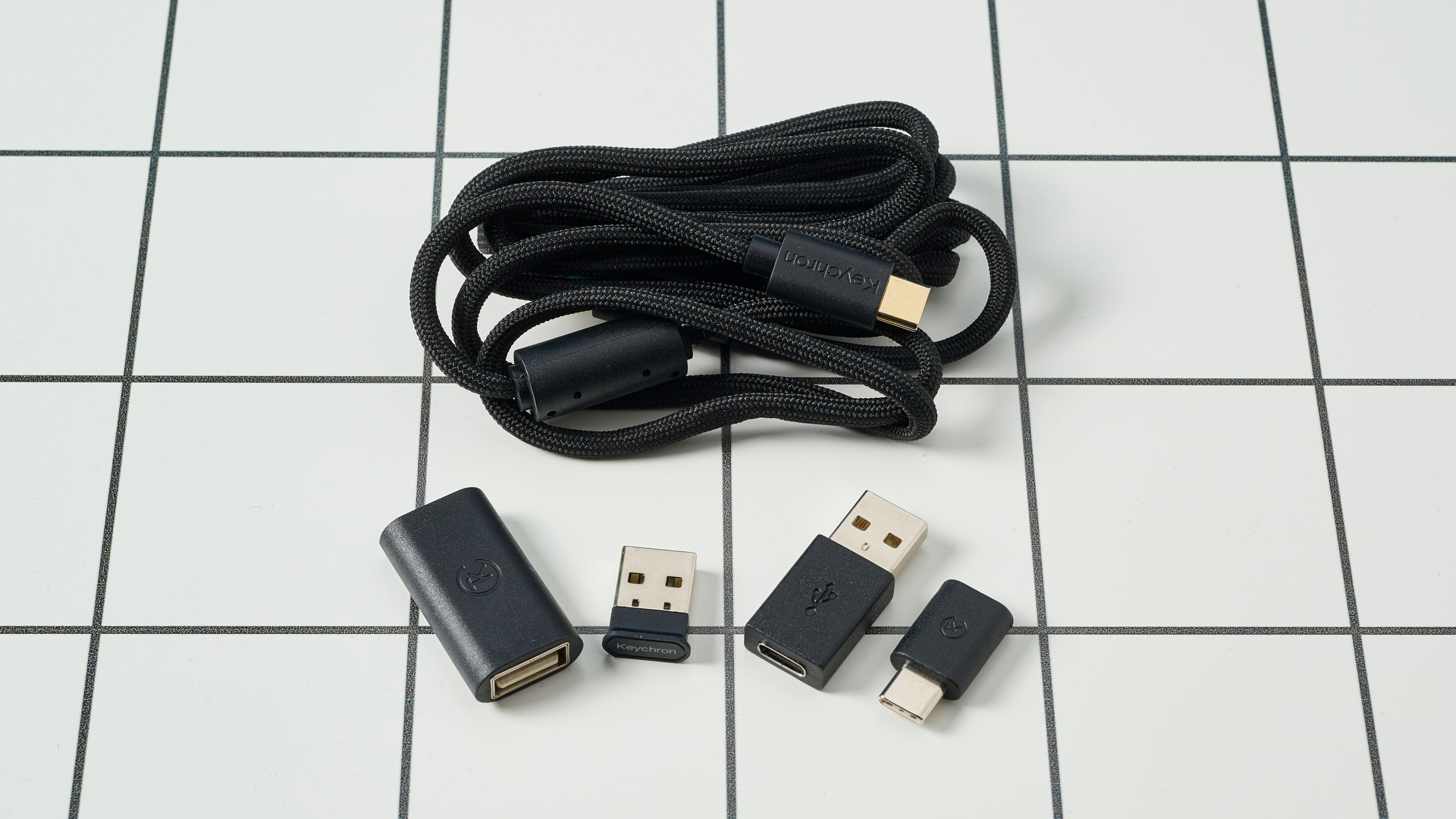
Okay, this may not be on everyone’s list of priorities when they’re buying a mouse, but hear me out.
Many mice come with 2.4GHz dongles for wireless connectivity, and you need to plug these dongles into your PC to use the mouse. All is fine as long as you aren’t taking the mouse traveling with you, and the dongle stays plugged in all the time.
Mice with dongle storage
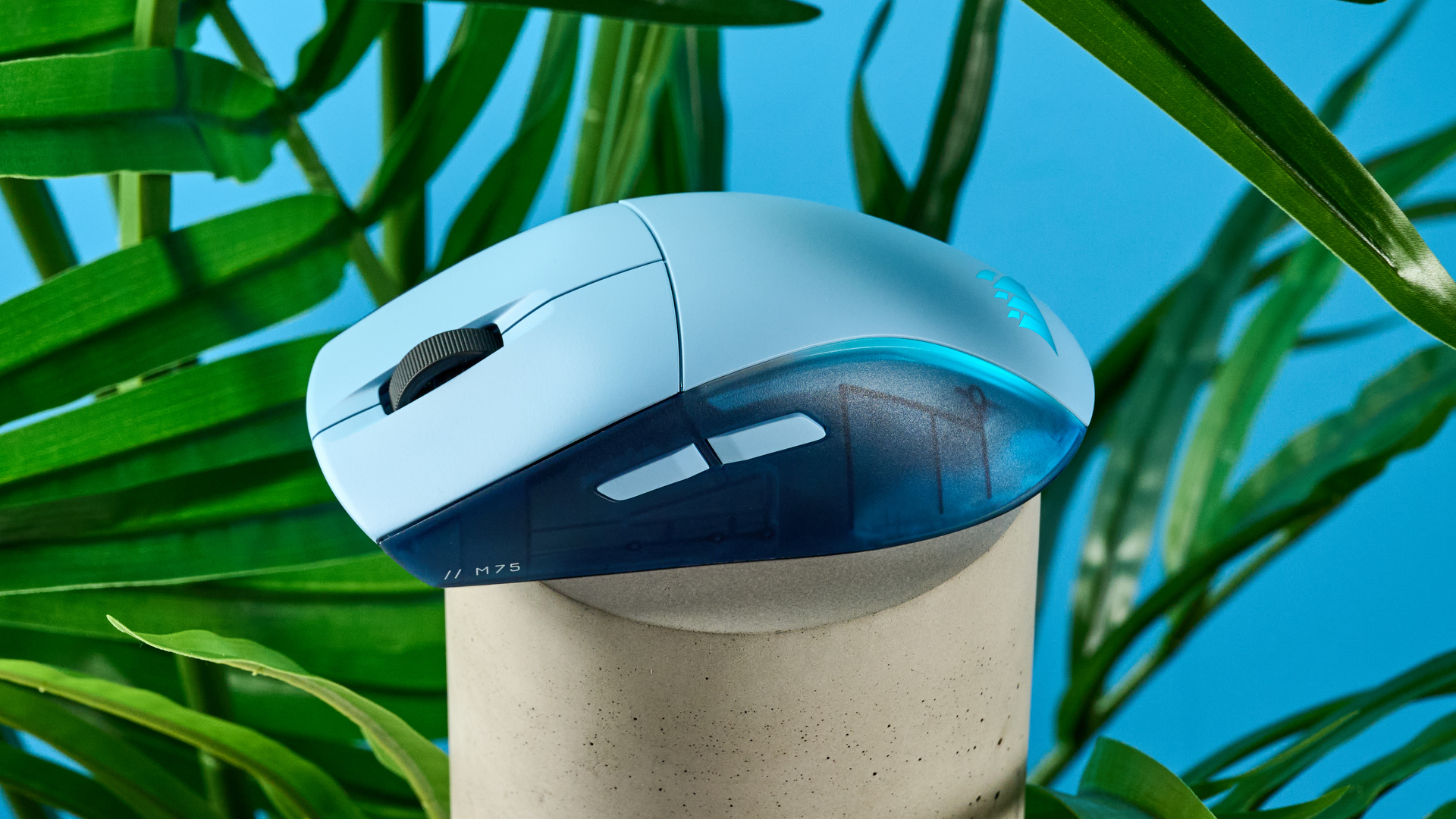
But what happens when you’re someone who’s constantly traveling to meet clients or working on the go? Where do you stash your mouse’s dongle? Surely putting it in your bag’s pocket isn’t the most secure, and the chances of it getting lost are high.
That’s why some mice come with a slot on their bodies for you to store the dongle. This negates the chances of it getting lost in the kerfuffle and gives you some peace of mind (as many brands don’t offer replacements for lost dongles). I believe this is a very important but overlooked feature — and the absence of which leads me to knock a point off when I’m reviewing mice.
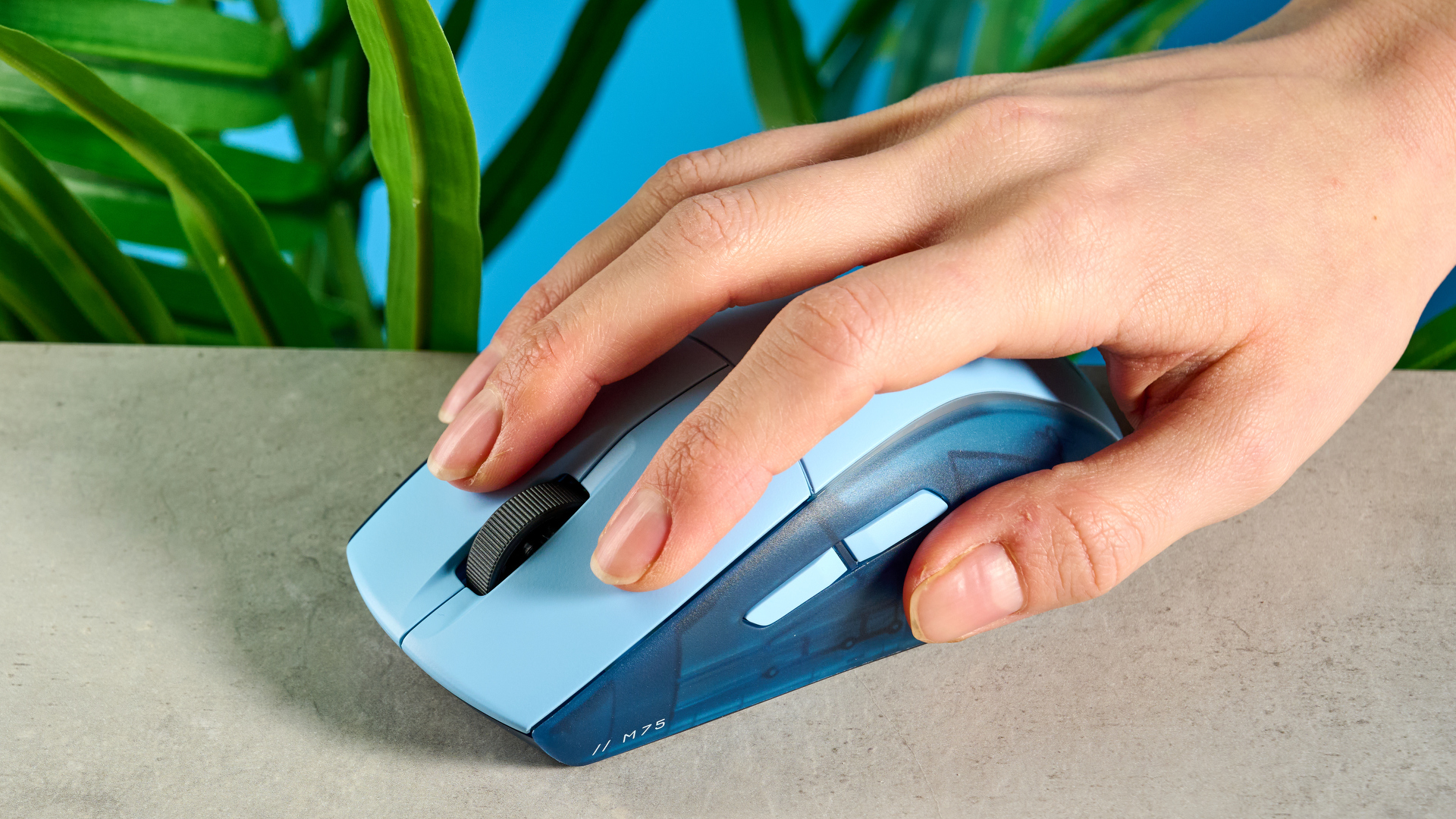
The last feature on this list pertains to scroll wheel functionality. Many mice don’t give you a lot of flexibility while scrolling, but some do. For instance, the Cherry XTRFY M50 Wireless has a 4D tilt wheel, enabling you to move it side-to-side for horizontal scrolling.
Mice with great scroll wheels
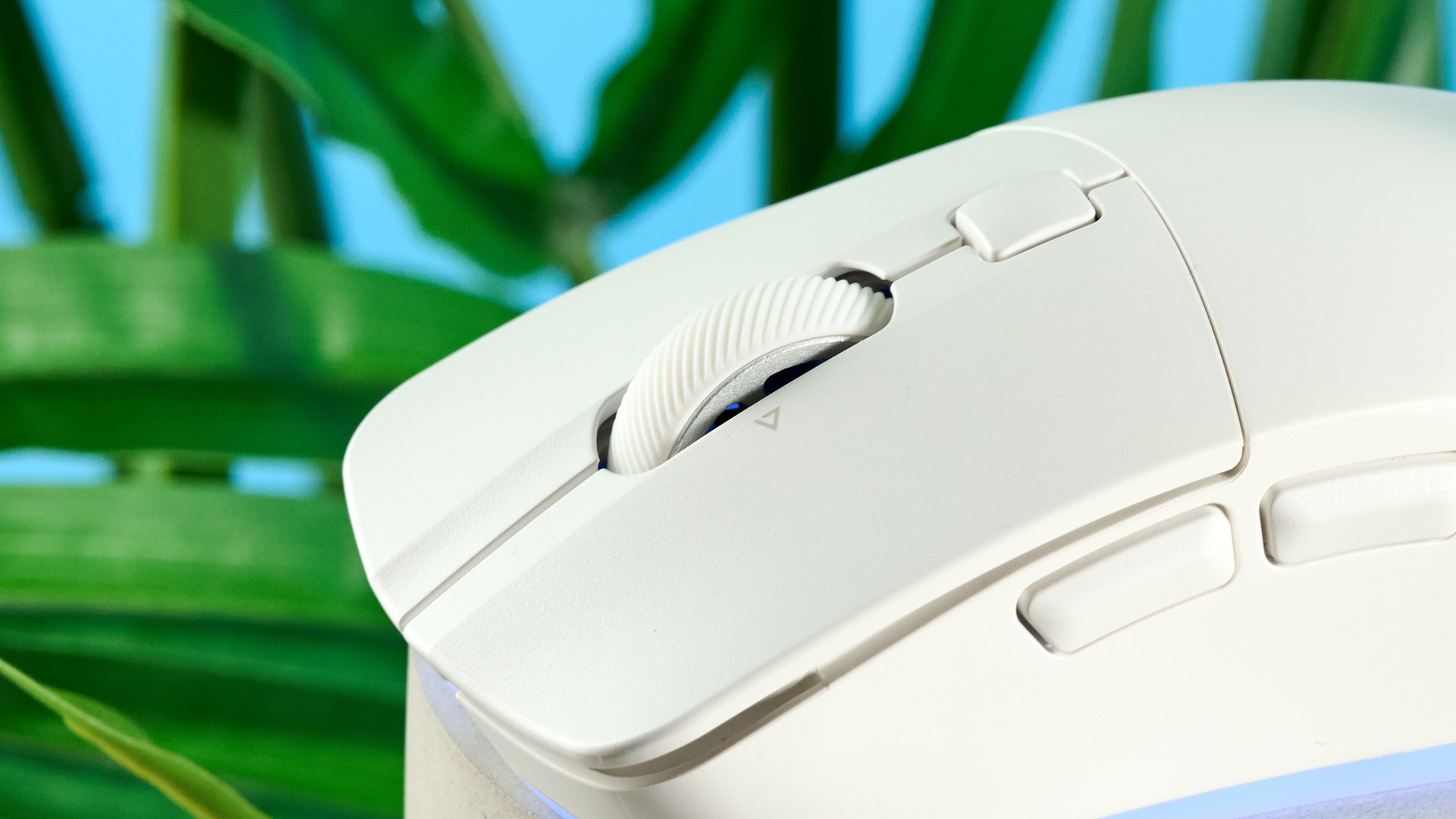
Not only is this beneficial to navigate spreadsheets at work, but it’s handy in games too, making quick work of scrolling through chunky in-game menus or inventories.
Also, a mouse like the Razer Pro Click Mini comes with an infinite scrolling function. The free-spin mode on this mouse comes in clutch when dealing with a long spreadsheet, as you can scroll from the top of a spreadsheet to the bottom in an instant.
If you’re someone who deals with many spreadsheets or is part of many Slack or Teams chats and channels, having a mouse with a versatile scroll wheel is a necessity. It’ll change how you work, trust me.

